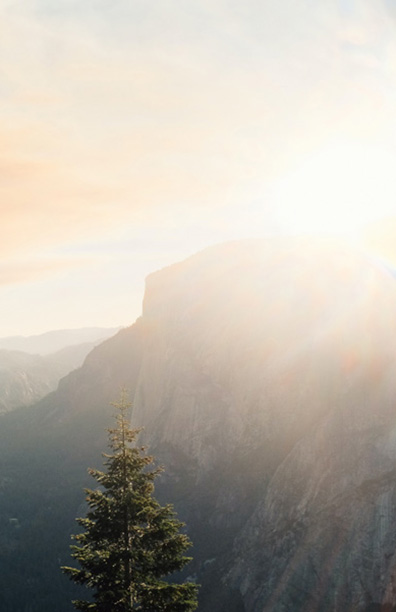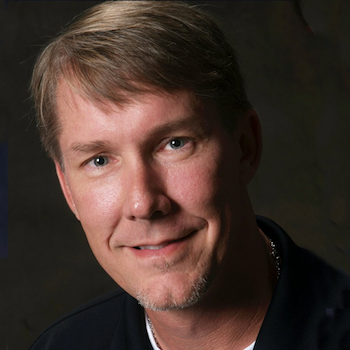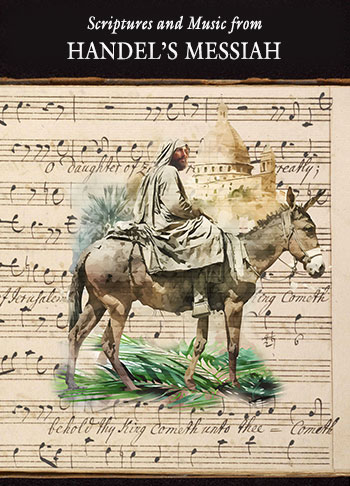Back to series



For, Behold, Darkness Shall Cover the Earth
No. 10 – Recitative
December 8
View the Full Advent Calendar
Music courtesy of The Falls Church Anglican Choir, Falls Church, Virginia, under the musical direction of Simon Dixon. Audio mastering by Andrew Schooley. From Messiah by George Frideric Handel (1742)
Listen to the full playlist for Handel’s Messiah.
“For, behold, the darkness shall cover the earth, and gross darkness the people: but the LORD shall arise upon thee, and his glory shall be seen upon thee. And the Gentiles shall come to thy light, and kings to the brightness of thy rising.”
– Isaiah 60:2–3

While Handel composed the music for Messiah, Charles Jennens was responsible for selecting the Scriptures that would comprise the word book, or “libretto,” for Messiah. Jennens came from a wealthy manufacturing family, was educated at Oxford, and was also known as a Shakespeare scholar. He also provided the libretto for some of Handel’s other works, including Saul and Israel in Egypt. Ten years before compiling the Scriptures that would form Messiah, Jennens was devastated after his younger brother Robert took his own life.
Like his older brother Charles, Robert attended Oxford. Both brothers struggled with depression. While at Oxford, Robert fell in with another student who was a scoffer of Christianity, and Robert began being plagued by doubt. Enlightenment ideals such as the innate goodness of humanity, and an emphasis on reason and science, were gaining traction. The philosophy of deism was at its height in England at the time, and it taught that while God may have created the cosmos, He was not concerned about people’s lives or actively involved in the world. The confluence of these new ideas, combined with Robert’s struggle with doubt and depression, eventually led to his suicide. Scholars suggest that Robert’s memory was part of the force behind Jennens’s work on Messiah in that Jennens sought to counteract these new ideas. Instead, the story of Messiah is that humanity is in bondage to darkness and sin, we are unable to save ourselves, and that we are in need of a Savior. Messiah argues that there is a God who actively loves, seeks out, and enters history to save His people.
Each of us goes through periods of darkness in our lives. Darkness is not just a metaphor, it can manifest itself as a physical reality, as a weighty heaviness. But this verse from Isaiah reminds us that eternally darkness is not a permanent condition. God’s light, brightness, and glory will eventually scatter the darkness before us and illuminate all forever.
![]()
Prayer
Father, there is still much darkness upon the earth. Disperse despair and
darkness from around me. Illuminate my path. May I look to Your light
and the brightness of Your Presence and find joy in following You.
Amen.

Joseph A. Kohm
Vice President for Development, CSLI & CSLI City Director, Virginia BeachJoseph A. Kohm, C.S. Lewis Institute Vice President for Development and City Director for Virginia Beach. Joe is an attorney and formerly worked as a Certified Major League Baseball Player Agent. He earned his Master’s in Management Science from the State University of New York at Oswego and both his J.D. and M.Div. from Regent University. Joe is the author of The Unknown Garden of Another’s Heart: The Surprising Friendship between C.S. Lewis and Arthur Greeves (Wipf and Stock, 2022.)




